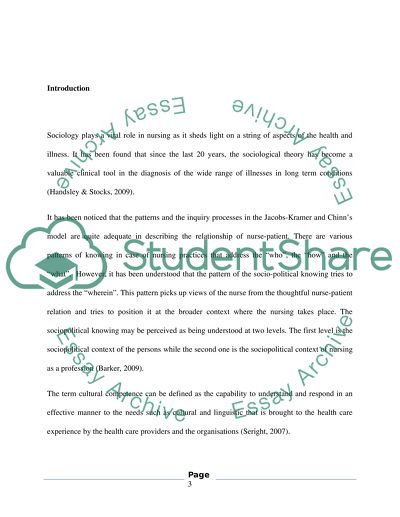Cite this document
(“The Socio-Political And Cultural Context of Nursing Essay”, n.d.)
The Socio-Political And Cultural Context of Nursing Essay. Retrieved from https://studentshare.org/nursing/1407326-hea
The Socio-Political And Cultural Context of Nursing Essay. Retrieved from https://studentshare.org/nursing/1407326-hea
(The Socio-Political And Cultural Context of Nursing Essay)
The Socio-Political And Cultural Context of Nursing Essay. https://studentshare.org/nursing/1407326-hea.
The Socio-Political And Cultural Context of Nursing Essay. https://studentshare.org/nursing/1407326-hea.
“The Socio-Political And Cultural Context of Nursing Essay”, n.d. https://studentshare.org/nursing/1407326-hea.


